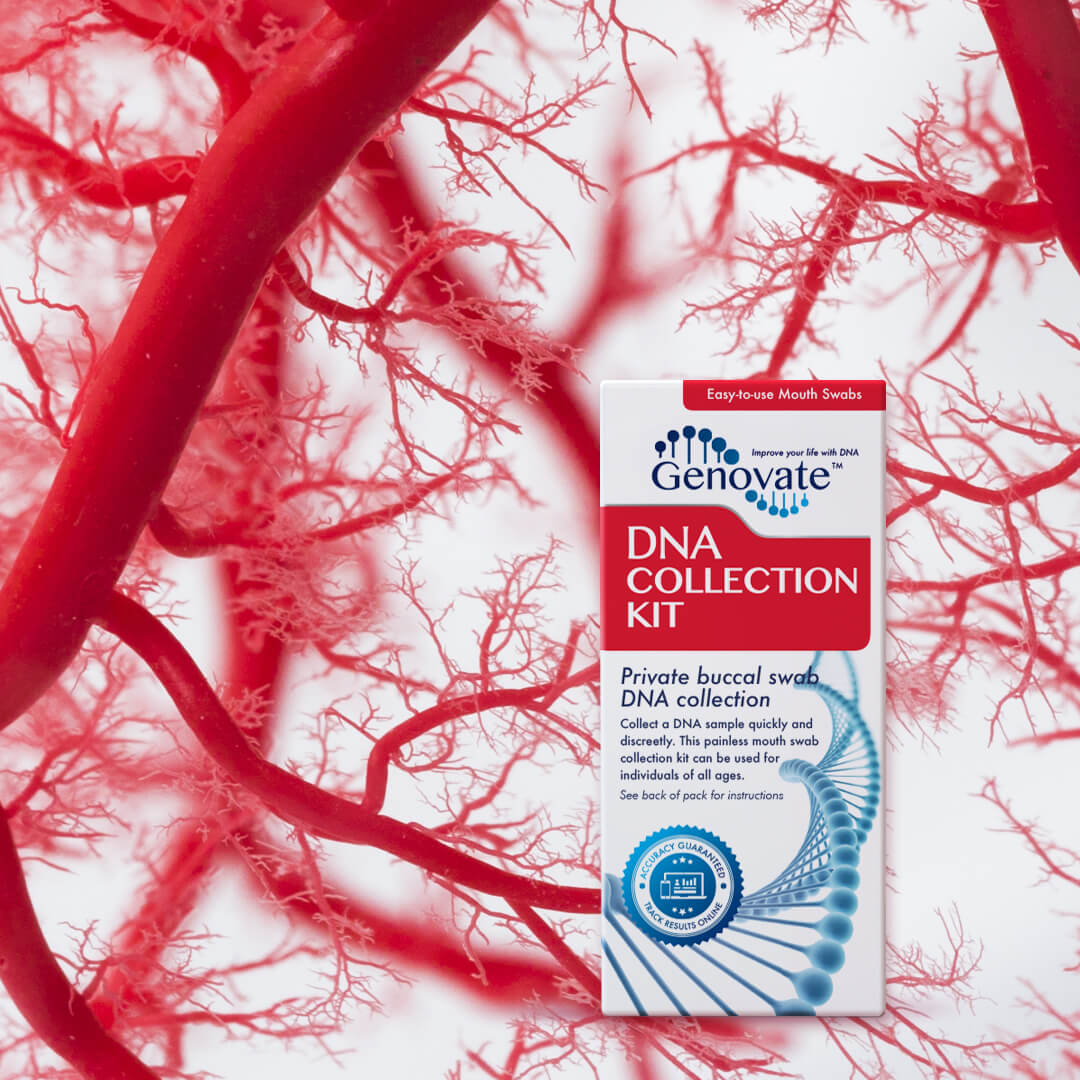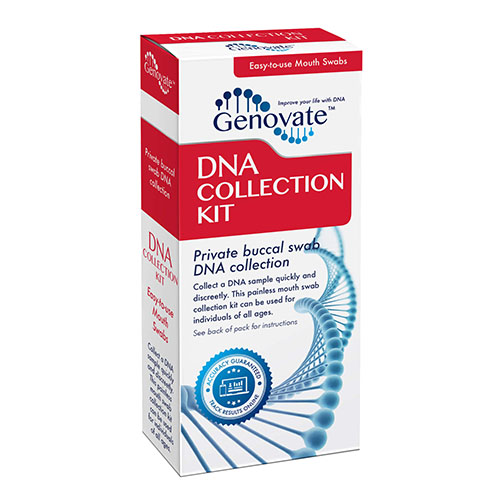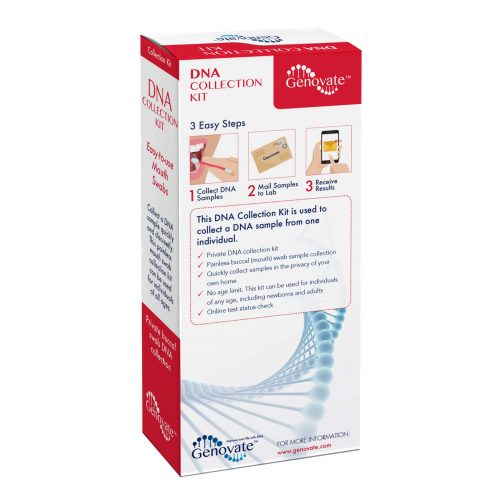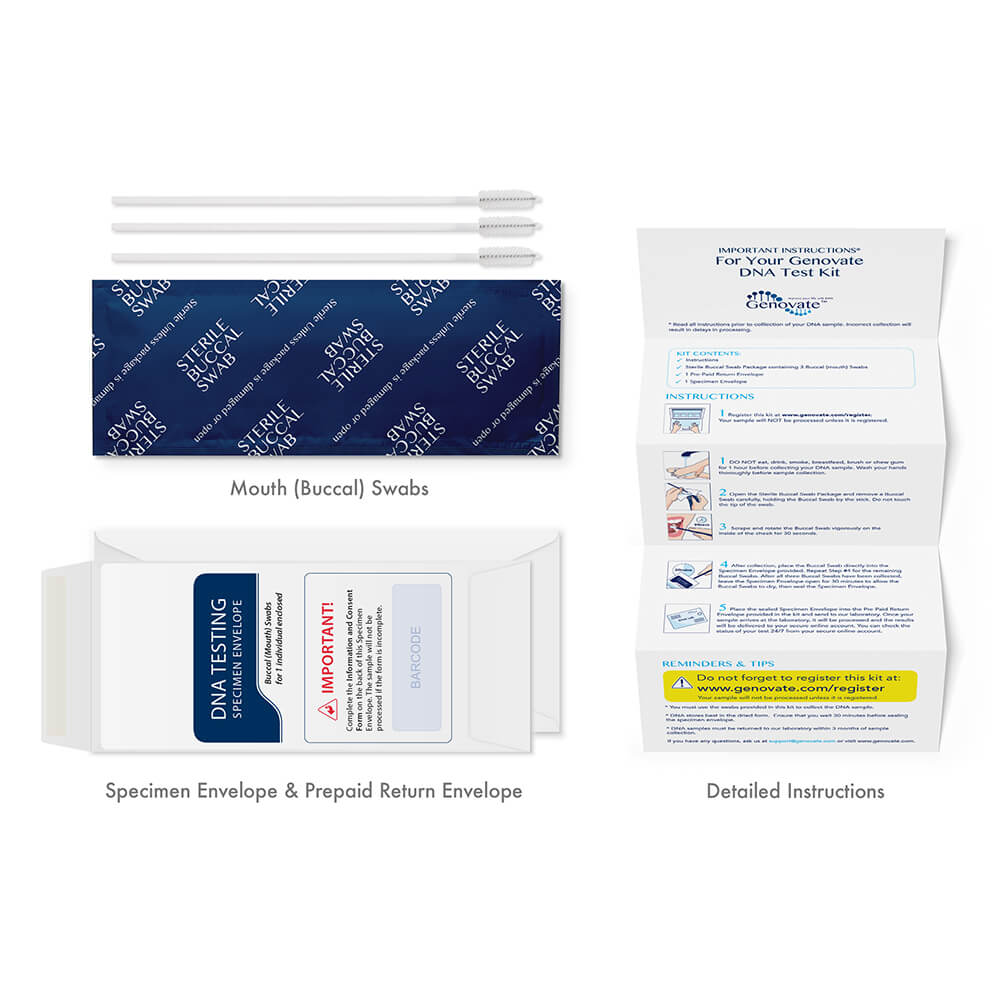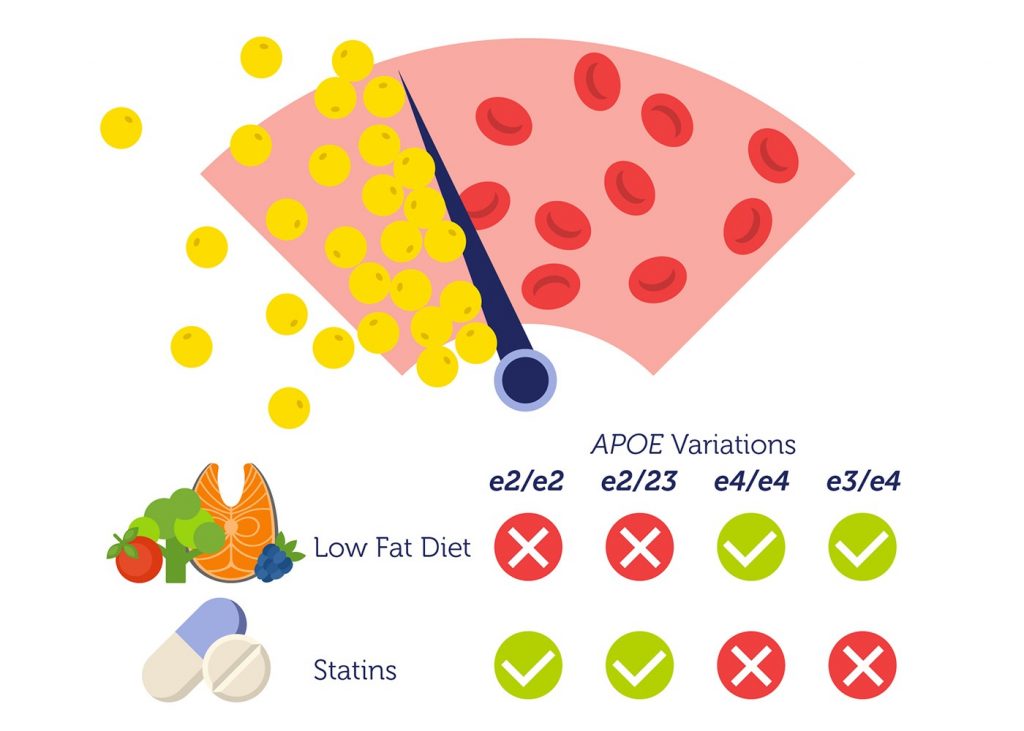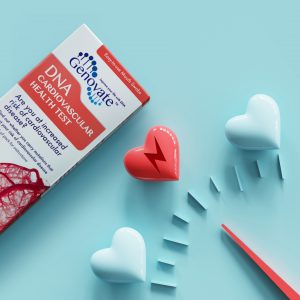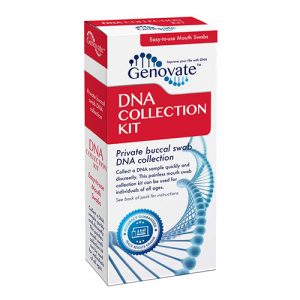Description
Detailed Description
Cardiovascular diseases (CVD) include heart attack and stroke. Maintaining normal cholesterol levels is essential for the prevention of CVD.
LDL-cholesterol is often referred to as the “bad” cholesterol. It collects in the walls of your blood vessels, where it can cause blockages and scarring known as atherosclerosis. Increased LDL-cholesterol levels put you at greater risk for CVD.
Other contributing factors to CVD include elevated triglycerides (the main form of storage fat in our body) and high levels of other low-density lipoproteins (e.g. beta-very low-density lipoproteins).
Hyperlipoproteinemia type III is one disease characterized by elevated triglycerides and beta-very low-density lipoproteins. It is associated with an early onset of peripheral vascular disease and CVD.
The APOE gene is a major genetic risk factor involved in CVD. It can also influence how well you will respond to dietary changes and blood pressure lowering medications to control your cholesterol levels. A simple mouth swab is all we need to determine your APOE genotype.
The Genetics
The APOE gene is a major genetic risk factor involved in cardiovascular disease. It encodes Apolipoprotein E (ApoE), a protein involved in the production, delivery, and utilization of cholesterol in the body.
There are several different versions or alleles of APOE. The three most common alleles are known as e2, e3 and e4. Each of these alleles produces a slightly different version of the ApoE protein.
- e3: The most common, neutral allele. No increased or decreased risk of cardiovascular disease
- e4: Associated with an increased risk of high LDL-cholesterol levels and atherosclerosis
- e2: Associated with lower LDL-cholesterol levels in the blood, but increased risk of high blood sugar and hyperlipoproteinemia type III, leading to a higher risk of cardiovascular disease
How does your APOE genotype influence your risk of cardiovascular disease?
- Two copies of the e3 allele: Not at increased risk of CVD
- One e3 allele and one e2 allele: Not at increased risk of CVD
- Two copies of the e2 allele: Lower LDL-cholesterol but increased risk of hyperlipoproteinemia type III, which can contribute towards CVD
- One or two copies of the e4 allele: Elevated LDL-cholesterol and increased risk of CVD
Discover More
Different versions of the APOE gene will also affect how a person responds to diet and statins (cholesterol-lowering drugs).
APOE e3/e4 and e4/e4 genotypes:
A low-fat diet is recommended for people with the e3/e4 and e4/e4 genotypes, as they are not able to metabolize fats very effectively. These individuals do not respond very well to statins.
APOE e2/e2 or e2/e3 genotypes:
Individuals with the e2/e2 or e2/e3 genotype are able to metabolize fats more efficiently, but have less effective metabolism of carbohydrates. They have a better response to statins.
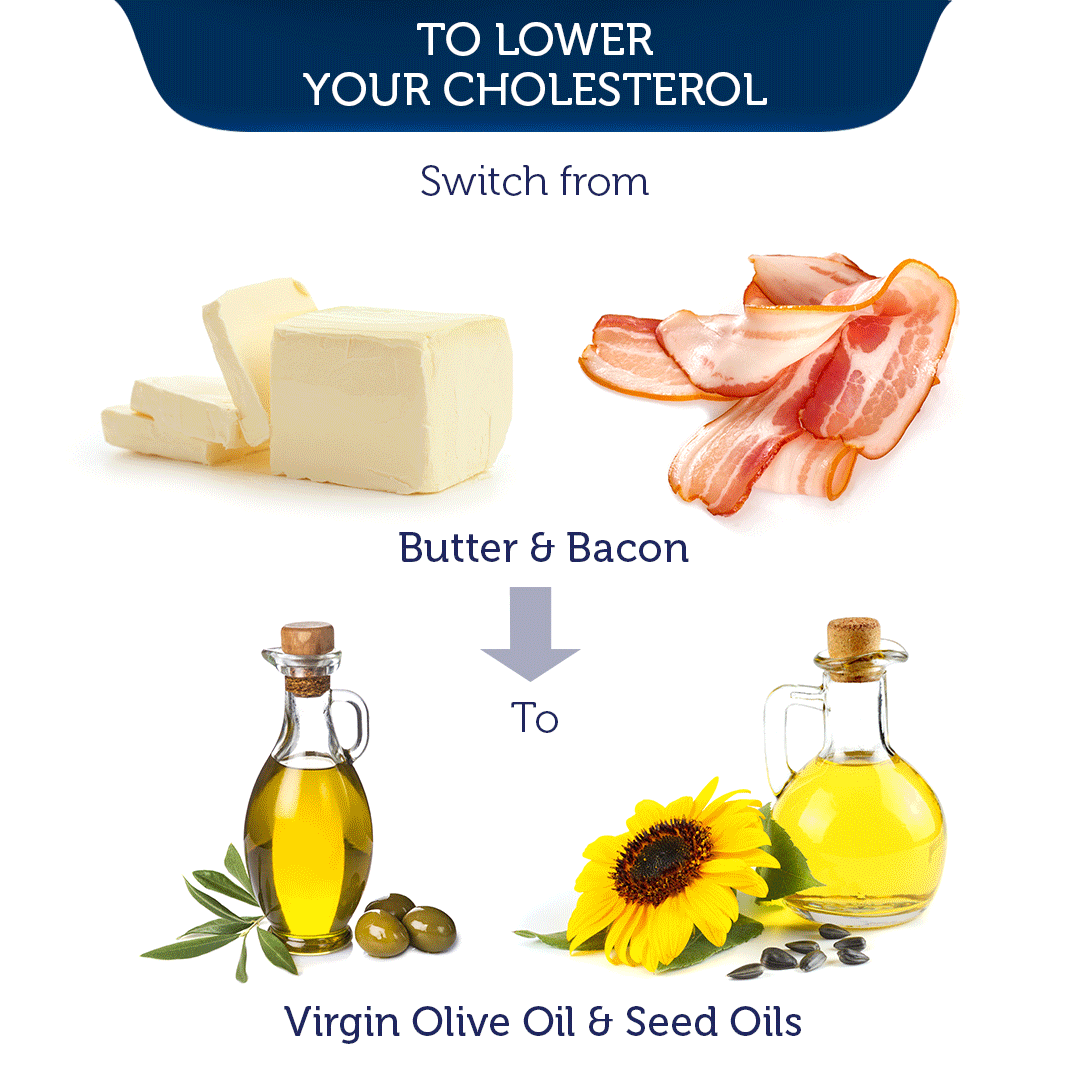
How it Works
STEP 1.ORDER YOUR KIT: Purchase your kit online.

STEP 2. COLLECT & SEND
Quick and painless DNA sample collection in the comfort of your own home. Mail your sample back to our lab for testing.
STEP3. VIEW RESULTS
Receive your results by mail or email, or view online.
- Recommended Links:
Thompson GR et al. (2002). Why some patients respond poorly to statins and how this might be remedied. Eur Heart J. 23: 200–206. - Wilson PWF et al. (1996). Apolipoprotein E Alleles and Risk of Coronary Disease – A Meta-analysis. Arterioscler Thromb Vasc Biol. 16: 1250-1255
- Marrzoq LFA et al. (2011). Relationship between ApoE gene polymorphism and coronary heart disease in Gaza Strip. J Cardiovasc Dis Res. 2(1): 29-35.
- Ballantyne CM et al. (2000). Apolipoprotein E Genotypes and Response of Plasma Lipids and Progression–Regression of Coronary Atherosclerosis to Lipid-Lowering Drug Therapy. J Am Coll Cardiol. 36(5): 1572-1578.
- Ordovas JM (1999). Micronutrient Group Symposium on ‘Dietary determinants of lipoprotein-mediated cardiovascular risk’. The genetics of serum lipid responsiveness to dietary interventions. Proc Nutr Soc. 58(1): 171-187.
- Song Y et al. (2004). Meta-Analysis: Apolipoprotein E Genotypes and Risk for Coronary Heart Disease. Ann Intern Med. 141(2): 137-147.
- Minihane1 AM et al. (2007). Symposium on ‘Molecular basis for diseases’ ApoE genotype, cardiovascular risk and responsiveness to dietary fat manipulation. Proc Nutr Soc. 66: 183–197.
- National Organization for Rare Disorders. Hyperlipoproteinemia Type III

